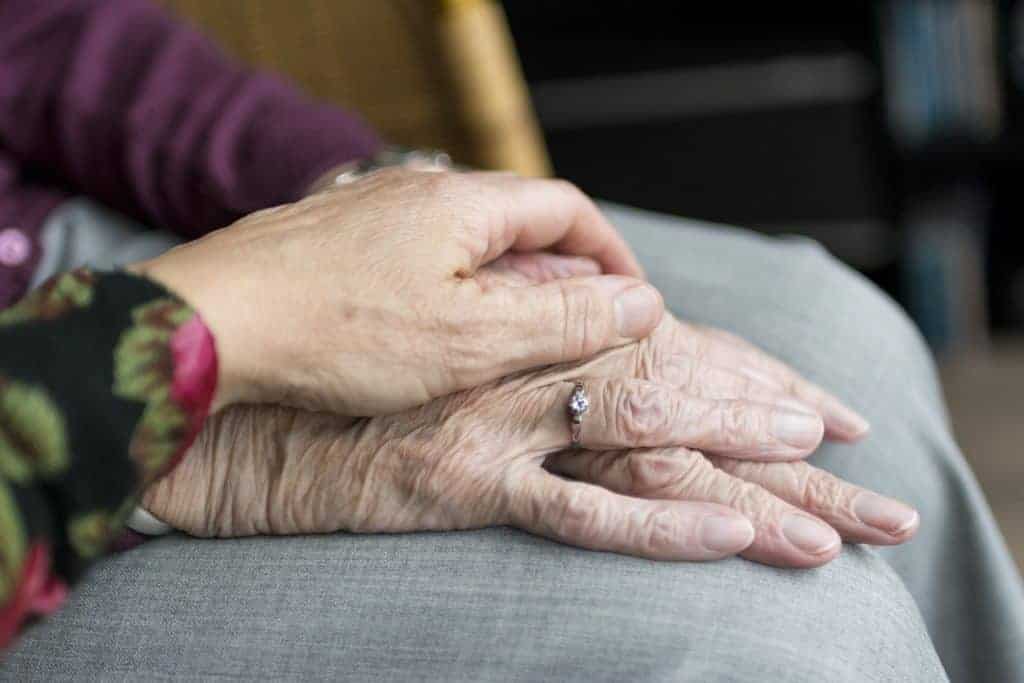The Consumer Financial Protection Bureau (CFPB) just released an updated advisory calling on financial institutions to better report suspected elder financial exploitation, which is extremely underreported.
One in nine older adults has suffered from alleged abuse, with one in 20 reporting it as financial exploitation. Most of the reported mistreatment (around 90%) is done by close friends or family members.
The new report updates a 2016 report from the bureau, placing a more significant emphasis on the responsibility of financial institutions to report any suspected cases or victims of elder financial exploitation. The new report also calls for better enforcement of the Senior Safe Act of 2018, which requires financial institutions, credit unions, investment advisers and insurance companies to collaborate and work together to prevent elder financial exploitation by offering them immunity for reporting. The 2018 law also encouraged stronger education systems and training programs that focus on senior financial abuse.
In the earlier report, the CFPB examined Suspicious Activity Reports (SARs) of alleged elder financial exploitation filed by financial organizations from 2013 to 2017. SAR filings increased fourfold over the four-year study period, with a total of just under 200,000 reports and an average loss of $41,800 per adult over 70. However, it is likely that these SARs only accounted for a fraction of the actual incidents.
Although every older adult could be at risk of financial exploitation, there are factors that make some individuals more susceptible than others. Seniors living in isolation are prime targets, especially those with a mental health condition. Older women are at a higher risk
than older men, as well as adults who are above the age of 80. Regardless, it is important to understand that any older adult could be at risk of financial abuse at any time.
If you or a loved one has been a victim of financial abuse, contact your local adult protective services agency at eldercare.acl.gov or call 1-800-677-1116.
You can also report scams or fraud to the Federal Trade Commission at ftc.gov/complaint.
Photo via Pxhere
Karsten Monteverde is an intern with NCRC’s Special Initiatives team.



